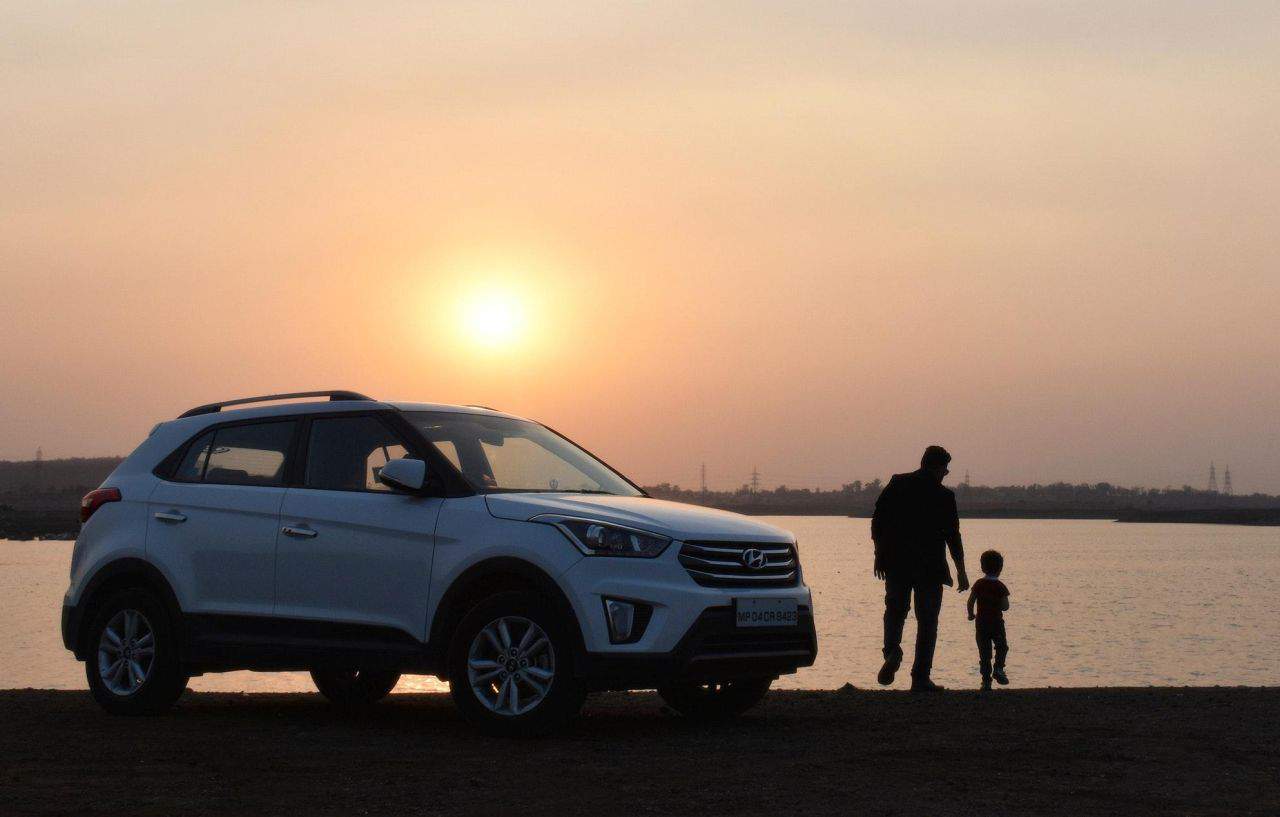Unlike personal auto policies, business auto coverage considers how and when vehicles are used. These are essential factors when deciding on policy limits and coverage options.
Standard commercial auto coverage includes bodily injury liability, property damage liability, medical payments, and uninsured/underinsured motorists. In addition, there are specialized coverages for hired and non-owned vehicles available.
Liability Coverage
If you or your employees drive company-owned vehicles, you need commercial auto insurance to protect your business against the financial costs of an accident. Liability coverage helps pay for property damage, medical expenses, and legal fees resulting from an auto accident that you or your employees cause.
If you or your employees use personal vehicles for work-related errands, consider adding hired and non-owned auto liability to your policy to provide extra protection. This is also called excess auto liability insurance and goes above the limits on an employee’s auto policy. It can be combined with physical damage coverage on a business auto policy to cover all vehicles your organization owns, including those you rent or lease. It’s also sometimes included with business ownership and general liability policies.
Comprehensive Coverage
Whether it’s a minor fender bender or a significant accident, commercial auto insurance covers vehicles and equipment in the event of an accident. It’s essential for small-business owners who frequently drive to work sites, meet clients, deliver goods, or haul tools or supplies. The type of vehicle, driver and driving history, and coverage limits will determine rates.
Many small-business owners also need hired and non-owned auto insurance coverage. This liability policy covers accidents in personal cars or rented or borrowed vehicles.
Some companies offer comprehensive coverage with specific perils (fire, theft, etc.) and a stated value or an estimate of the car’s worth, usually based on the vehicle’s age and condition. This is known as specified perils coverage and can often lead to lower premiums.
State-Specific Considerations: Car Insurance in Texas
When selecting commercial auto insurance, it’s essential to understand how regulations and requirements vary by location. For instance, businesses operating in the Lone Star State should carefully consider the unique aspects of car insurance in Texas, such as minimum liability coverage limits and specific legal requirements for commercial vehicles. Texas also experiences diverse weather conditions, from hailstorms to flooding, making comprehensive and collision coverage especially valuable for businesses that rely heavily on vehicles for operations. Partnering with an insurer familiar with Texas laws and risks ensures your business stays compliant and protected.
Collision Coverage
Then there’s collision coverage, which pays to repair or replace your business vehicle after an accident. It’s a separate insurance policy from comprehensive, but many companies bundle them together. Comprehensive covers damage not caused by driving, like theft and natural disasters.
A commercial auto policy typically has combined limits for both property damage and bodily injury, which are higher than the personal policies that most people have. It also can include hired and non-owned car coverage, which provides liability protection if your employees drive private cars or trucks for work or you rent or borrow vehicles for business reasons.
Finally, consider pollution cleanup, which helps pay for environmental cleanup if an accident involving one of your vehicles causes harm. Most business owners buy commercial auto insurance for their company cars, but many use personal vehicles for work and need a particular policy.
Comprehensive Rental Reimbursement
Rental reimbursement covers a rental car while your business vehicle is being repaired after a collision or comprehensive loss (weather, theft, or other non-collision damage). This usually adds an extra charge—typically a small one—to your commercial policy each month. There’s also a daily limit and a per-claim limit on the time it will pay for a rental.
Hired and non-owned auto insurance is lawsuit liability coverage that covers when your employees drive personal or leased vehicles for business errands, such as rideshare or contract delivery drivers. This is a standard part of many commercial auto policies and helps protect your business from common claims. It’s not required by law, however. NerdWallet reviews commercial auto policies from top companies to help you compare features and pricing.
Comprehensive Uninsured/Underinsured Motorist Coverage
Many small-business owners rely on their vehicles to conduct business, and personal auto policies typically need to offer more coverage. Commercial auto or business car insurance provides broader ranges to protect business owners and employees. These include bodily injury liability, which pays for medical expenses and lost wages resulting from an accident; property damage liability, which covers damages to another driver’s vehicle; comprehensive coverage, which covers theft, vandalism, and specific weather events; and drive other car coverage that reimburses the costs of hiring or renting a substitute vehicle for work-related trips.
Whether your business needs commercial auto insurance depends on how often you use a vehicle for work-related reasons beyond commuting and running errands. Check out the scenarios below to determine if your policy provides enough protection.
